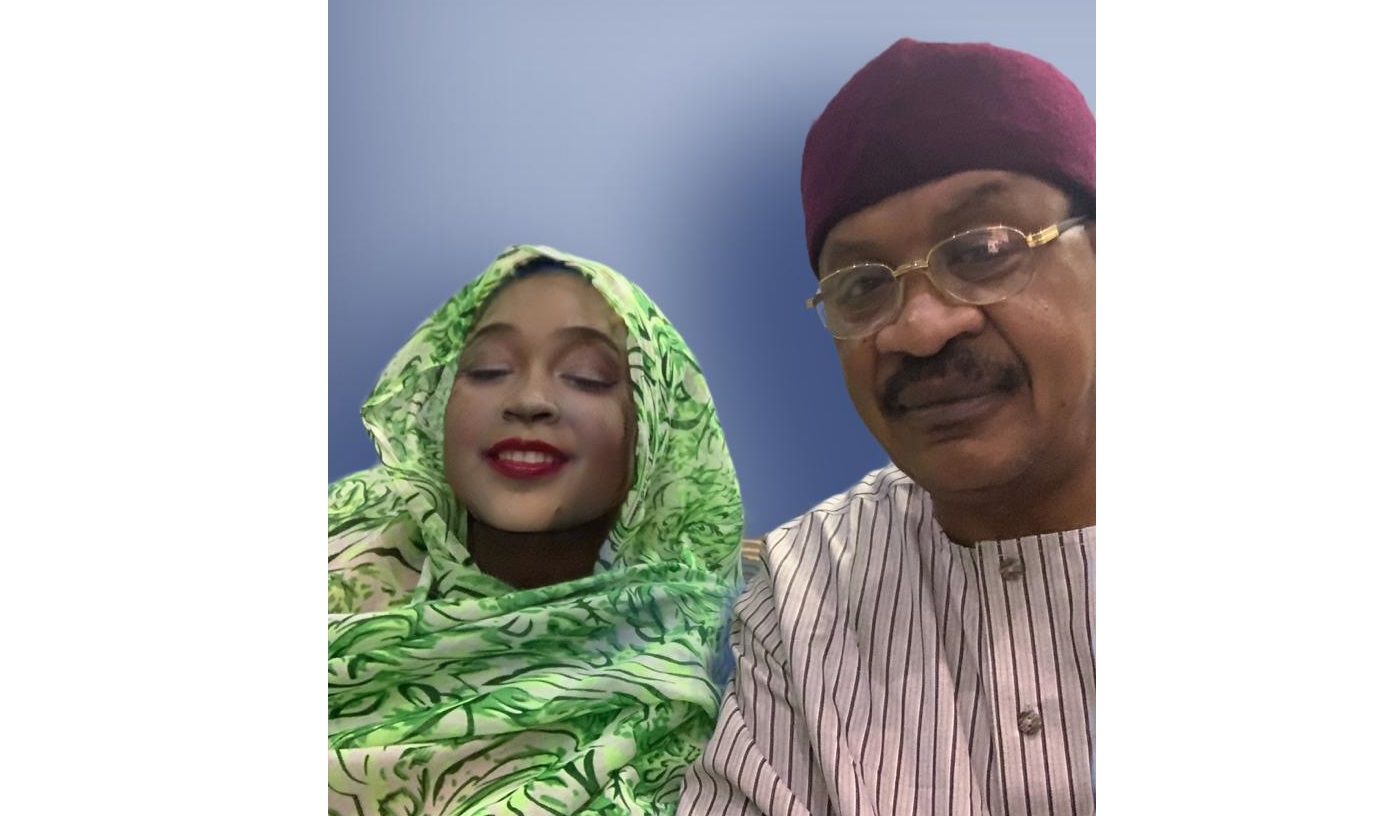Hajiya Laraba Madu is a Fulani woman from Nigeria who has taken up the citizenship of Saudi Arabia. Although she lives in a foreign land, she runs a farm, bakery and ice block industry in a remote village in Jigawa State, called Maska, her hometown in Ringim Local Government Area. She monitors and supervises her businesses through a new tech innovation from Saudi Arabia. She shared her experiences with Daily Trust Saturday.
You established a business in Nigeria but live in Saudi Arabia. How do you manage it?
I receive directives from Saudi-Arabia through modern communication systems and forward my reports periodically the same way. I work with a skilled team of workers in all the sections of the company, who contribute to the running of the entire business.
How would you say the business is helping Maska community and neighbouring villages?
First and foremost, the idea of establishing this type of business in a village is to help the inhabitants of Maska and its environs. About 80 per cent of the workers are from Maska and the remaining 20 per cent benefit a lot.

The farm section is said to have started with 2,000 chickens in 2000, how many do you have now? What is the number of eggs per day from the poultry farm?
Currently, there are 7,000 live chickens in the farm. We collect 2,970 eggs daily, an equivalent of 99 crates.
In your record, the bakery section started operation in 2018, using 10 bags of flour per day. And you already have your National Agency for Food and Drug Administration and Control (NAFDAC) certification. How many bags do you use in production at the bakery today?
At the bakery, we use 20 to 30 bags of flour daily, and the market is booming.
You embark on social responsibility programmes. How many classrooms have you built or renovated in schools in the host communities?
There are three blocks of classrooms in Maska and a mosque built close the school. Other social services are also provided in some villages and towns within and outside Jigawa State.

We also learnt that during the Sallah period, students, teachers and workers get cloths and food from you; do you think that gesture has encouraged people in the community to enroll their wards for western education?
The gesture has attracted a large number of children to school and encouraged teachers to put more efforts at giving quality education to school children.
How many students from neighbouring villages attend the school? Can you mention some of the villages?
Currently, the number of students attending the school from Maska and neighbouring villages is 500. The other villages are Larabawa, Markadi, Jigawar-zango and Kadage.

You produce ice blocks in a large scale, using a modern machine. How profitable is the business, especially during Ramadan fasting?
The ice block business is seasonal. During harmattan and the rainy season, the market is very low, but during dry season, particularly in the month of Ramadan, the demand is very high and profitable as a lot of people like drinking cold water and things like zobo, kunun aya, kunun zaki and others.
In view of unstable electricity supply in Nigeria, how do you generate power to run your business?
We have two main sources of power supply – Lister generator and a solar system.
How do you get your water?
We have a borehole and a water reservoir. We also help other people with water from the borehole, for both domestic and cattle use.

You supply eggs, bakery items and local fertiliser, what would you like to tell your customers?
We normally meet our customers’ demands. We deliver eggs from our farm, ice blocks and bread to their destinations at no extra cost. For our local fertiliser or manure, we help the villagers on their farms. We also help some people to own lands and build their houses. We also help farmers to purchase lands.

How are teachers in the community school paid?
The owner of the school pays the salaries of teachers because it was purely established on charity basis.

 Join Daily Trust WhatsApp Community For Quick Access To News and Happenings Around You.
Join Daily Trust WhatsApp Community For Quick Access To News and Happenings Around You.


